News Corp, Google strike global deal covering content
News Corp strikes a deal under which Google will pay it for content, as Australia prepares to legislate a media bargaining code.
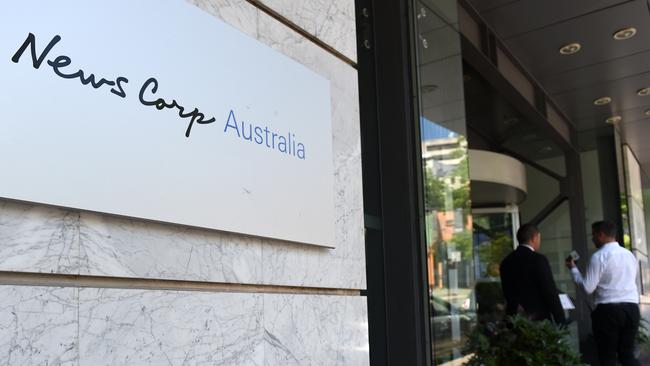
News Corp has reached a global licensing deal with Google to make “significant payments” for displaying its content across the world on its Google News Showcase.
Chief Executive Robert Thomson announced the “historic multi-year partnership” for publications including The Wall Street Journal and The New York Post in the US, The Times of London, The Sun and News Corp Australia publications including The Australian, Sky News and metro daily newspapers and websites.
These include The Daily Telegraph, the Herald Sun, The Courier Mail, The Adelaide Advertiser and news.com.au.
The three-year agreement will include development of a subscription platform, the sharing of ad revenue and further investments in audio and video journalism with YouTube.
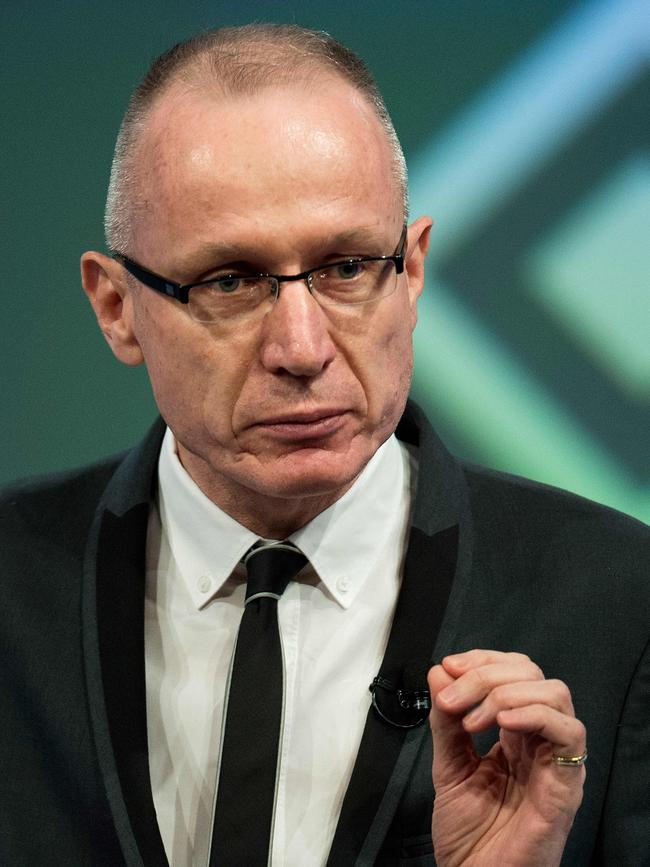
Mr Thomson said the deal would have “a positive impact on journalism around the globe as we have firmly established that there should be a premium for premium journalism”.
“This has been a passionate cause for our company for well over a decade and I am gratified that the terms of trade are changing, not just for News Corp, but for every publisher,” Mr Thomson said in a statement released on Wednesday morning (local time) in New York.
The deal followed similar local announcements this week by Australian media companies Nine Entertainment, which would be paid $30 million per year, Seven West Media and smaller publisher, Junkee media.
Other agreements between Google and media outlets including Guardian Australia and the ABC are expected imminently.
News Corp’s global announcement came as Australia was preparing to pass new media laws.
Mr Thomson said the deal had taken many years and thanked Google, the Australian government and News Corp leadership for steering the negotiations which have drawn attention across the world.
“I would like to thank Sundar Pichai and his team at Google who have shown a thoughtful commitment to journalism that will resonate in every country,” Mr Thomson said in a statement.
“The deal simply would not have been possible without the fervent, unstinting support of Rupert and Lachlan Murdoch, and the News Corp Board. For many years, we were accused of tilting at tech windmills, but what was a solitary campaign, a quixotic quest, has become a movement, and both journalism and society will be enhanced.
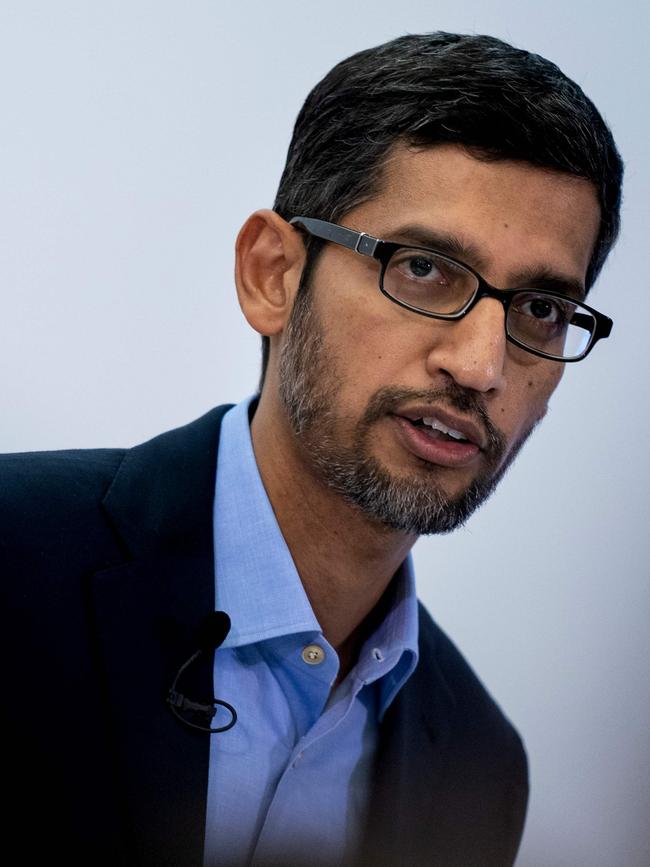
“Particular thanks are certainly due to the Australian Competition and Consumer Commission’s Rod Sims and his able team, along with the Australian Prime Minister, Scott Morrison, and Treasurer Josh Frydenberg, who have stood firm for their country and for journalism.”
Mr Frydenberg said on Wednesday the signing of Australian multimillion-dollar deals may address problems the laws were designed the solve.
Facebook has yet to announce any agreements with Australian publishers.
Mr Frydenberg said Google’s “generous” deals had only been struck due to the threat of regulation, and Australia’s news media bargaining code could “pave the way forward” for public-interest journalism.
Google and Facebook had threatened to pull their services in Australia if the news media bargaining code was adopted.
“None of these deals would be happening if we didn’t have the legislation before the parliament,” he said.
“This code has exceeded what others have tried and failed to do. It is a framework – a lasting legal mandatory framework – which is obviously the reason why the parties have come to the table.”
The Treasurer confirmed he held discussions with Google chief executive Sundar Pichai and Facebook founder Mark Zuckerberg over the weekend, and said the government “held the line” on the new laws.
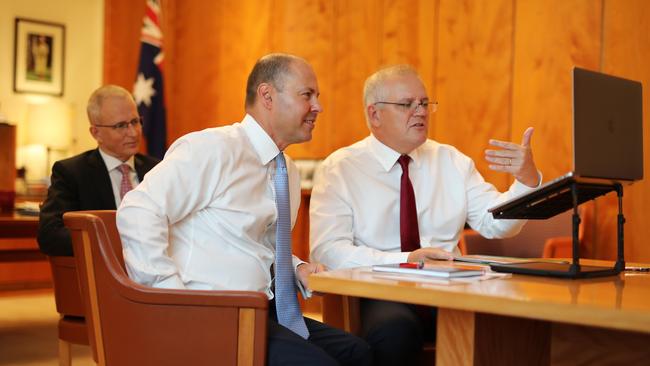
Mr Frydenberg did leave the door open to whether he would designate Google’s Search or Facebook’s Newsfeed to be subject to the laws, however, given the deals that were being put in place.
“I don’t want to pre-empt any decisions that I may or may not take as the Treasurer to designate a particular digital platform under this code,” Mr Frydenberg said.
“But what I have said is if commercial deals are in place then it changes the equation.”
Swinburne media senior lecturer Dr Belinda Barnet said avoiding designation under the laws would be the “best possible outcome” for Google, which had campaigned fiercely against the news code and threatened to remove its search engine in Australia to avoid setting an international precedent.
“Google appears to have won, for all their flailing about and end-of-the-world scenarios,” Dr Barnet said.
“But while it’s a win for them, it’s also a win for media companies. There’s no way Nine would have walked away with a $30 million deal if this was not about to be debated in parliament.”
Despite the deals, Media Entertainment and Arts Alliance federal president Marcus Strom said the laws were still vitally important to protect the future of journalism in Australia, particularly for smaller publications.
“The news bargaining code is still needed to ensure both of these global digital platforms contribute to the cost of all the journalism that they benefit from, and that smaller players are also compensated for their content, especially community, regional and rural outlets,” he said.
The news code is expected to be passed into law this week.

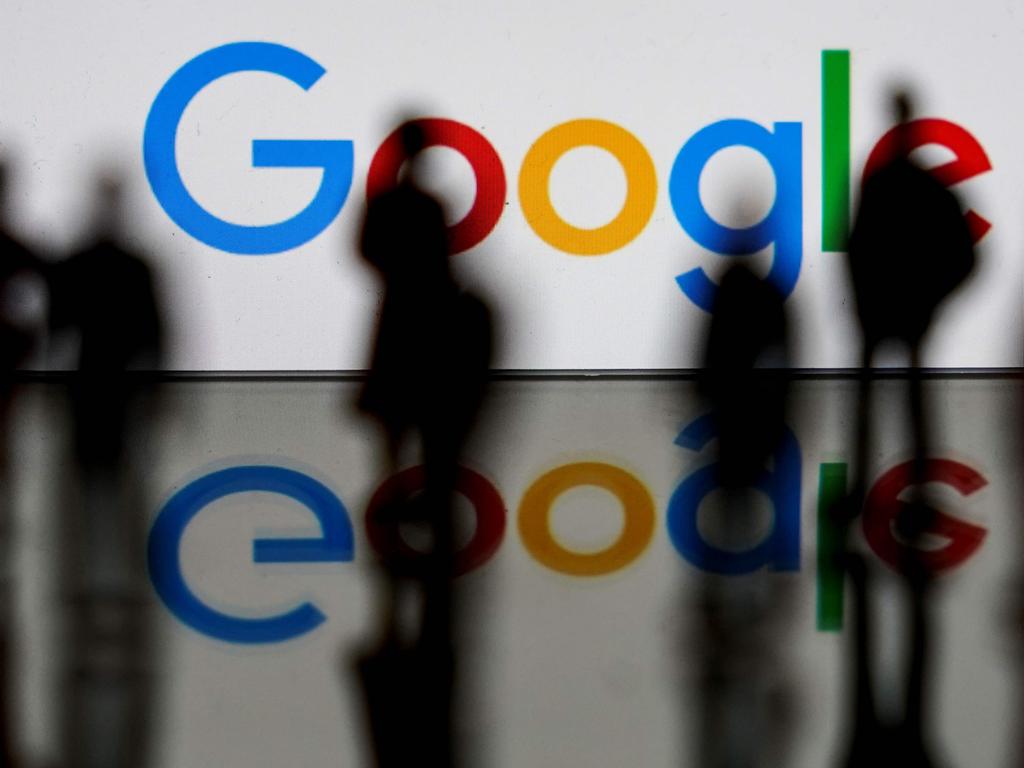
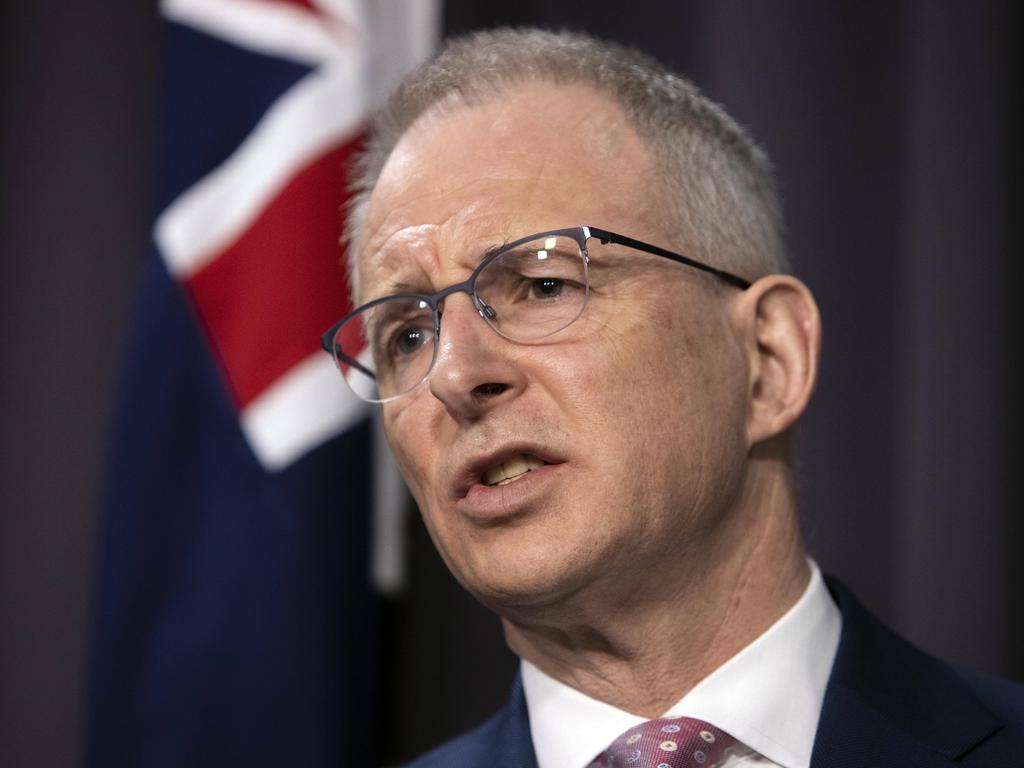
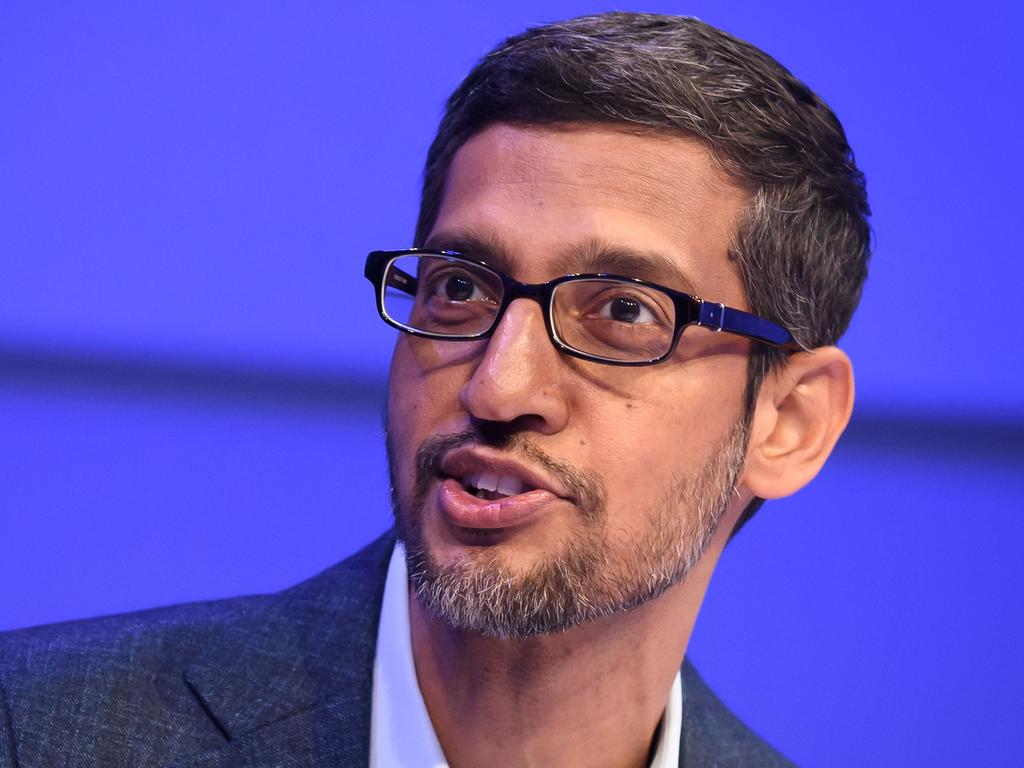
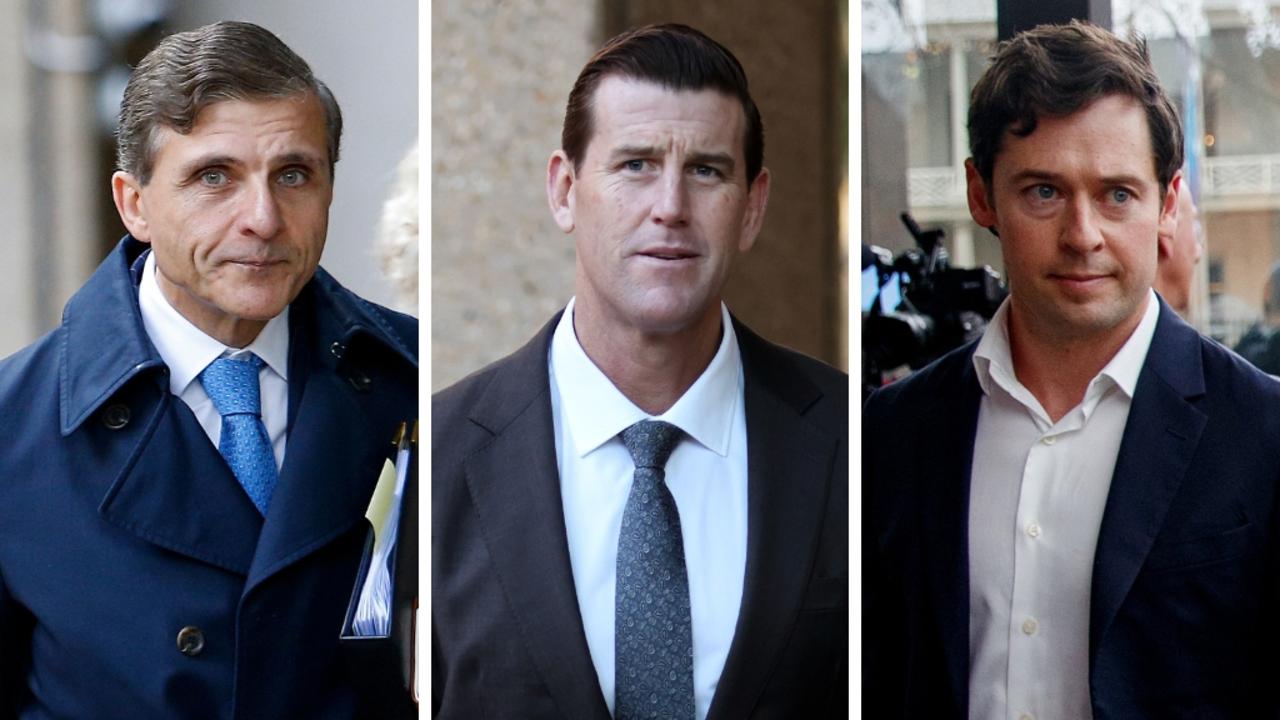

To join the conversation, please log in. Don't have an account? Register
Join the conversation, you are commenting as Logout